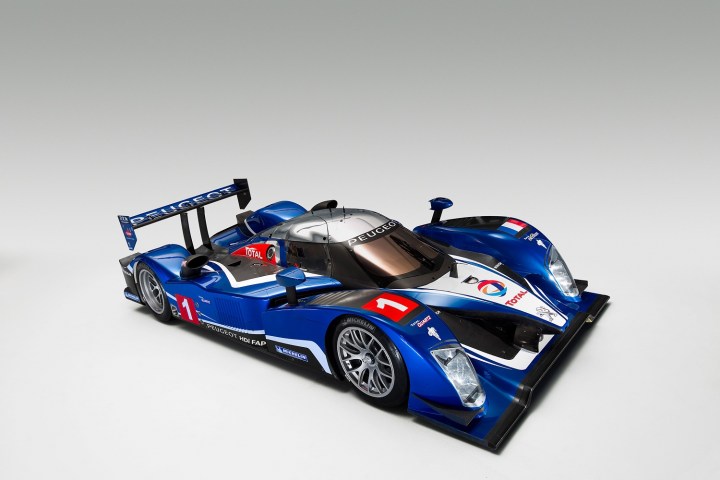
Peugeot is seen as the ideal competitor because the company has a long history of racing at Le Mans. It won the event on three separate occasions, but it shuttered its racing program in 2012 due to deeply rooted financial issues that nearly drove the brand to bankruptcy.
Right now, Peugeot’s main focus is winning next month’s Dakar Rally. However, a company spokesman told industry trade journal Automotive News Europe that a return to endurance racing hasn’t been ruled out yet. Three conditions would need to be met.
The first is that the company’s financial situation needs to improve; that’s a given considering Peugeot was in dire financial straits up until recently. The second condition is that the team needs to limit how much it spends to develop a competitive race car. Finally, the third condition is that it needs to have enough time to prepare, which suggests we won’t see a Peugeot-badged prototype on the starting grid of next year’s 24 Hours of Le Mans.
Convincing Peugeot to return to endurance racing is made easier by the fact that company boss Carlos Tavares is a racing enthusiast who regularly participates in events like the Historic Monte-Carlo Rally.
“Persistent participation in motorsports is also a tool to create brand value on a long-term basis,” said Tavares in an interview with Automotive News Europe. He added that every great automotive brand has had a successful racing program at one point or another in its history.




